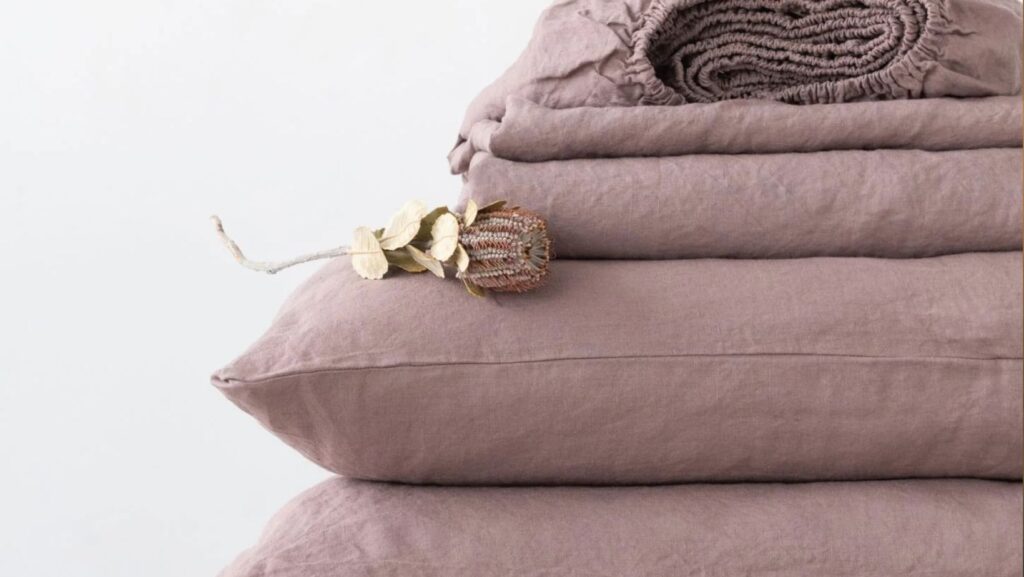The quest for a good night’s sleep often leads us to consider bedding materials. Linen sheets have emerged as a popular choice, lauded for their coolness and breathability. But does science back this claim? Let’s explore the fabric world and whether linen sheets breathe better.
Copy HTML Copy text
Understanding Breathability
Breathability refers to a fabric’s ability to allow air to pass through. This is crucial for sleep as it helps regulate body temperature and prevent sweat build-up. Trapped moisture can lead to discomfort, tossing and turning, and ultimately, disrupted sleep.
The Science Behind Linen
Linen is a natural fiber derived from the flax plant. Its unique structure boasts several breathability advantages:

- Hollow Fibers: Unlike cotton’s solid fibers, linen fibers are naturally hollow, creating air channels within the fabric. This allows for better air circulation and keeps you cooler.
- Moisture Wicking: Linen excels at wicking away moisture from your body. As you sweat during sleep, the fabric absorbs and draws it away from the skin, promoting a dry and comfortable sleep environment.
- Loose Weave: Linen bed sheets are typically woven with a looser weave than cotton. This open weave allows for more airflow, further enhancing breathability.
Linen vs. Cotton: The Breathability Battle
Cotton, a long-time favorite for bedding, is also known for its breathability. So, how does linen compare?
- Linen’s Edge: Linen generally boasts superior breathability compared to cotton, especially conventional cotton. This is due to the factors mentioned above: hollow fibers, moisture wicking, and looser weave.
- Cotton’s Comeback: However, some high-quality cotton weaves, like percale, can rival linen’s breathability. Percale features a fine, single-ply weave that allows for good airflow.
Choosing the Right Sheet for You
While linen shines in breathability, it’s not the only factor to consider. Here’s a quick breakdown to help you decide:

- Hot Sleepers: If you sleep hot, linen sheets are a clear winner due to their superior moisture-wicking and airflow.
- Luxury Seekers: Linen and high-quality cotton (percale) offer a luxurious feel. Linen softens over time, while percale cotton starts soft.
- Durability: Both materials are durable, but linen generally outlasts cotton.
- Price: Linen sheets tend to be more expensive than cotton.
The Final Verdict
Linen sheets do indeed breathe better than most cotton varieties. Their hollow fibers, moisture-wicking properties, and loose weave create a cooler, drier sleep environment. However, high-quality percale cotton can offer similar breathability. Ultimately, the best sheet for you depends on your individual sleep needs and preferences.


